Why the concentration of biopharma in Cambridge and Boston would ratchet up costs, exacerbate the housing crisis, and pitch the region from its throne.
BY CAMERON SPERANCE | GLOBE CORRESPONDENT
With Greater Boston’s life science sector, it’s not so much a case of “If you build it, they will come.” But rather a case of “If you build it, where will they live?”
The region is home to the world’s largest cluster of these companies in the world — and has been for several years, according to an annual analysis by real estate brokerage JLL.
The first six months of this year brought in the fourth-highest level of venture capital investing in Massachusetts-headquartered biopharmaceutical companies of any full year, according to the Massachusetts Biotechnology Council, or MassBio. The region is already notoriously space-constrained when it comes to life science development, which is why you see so many office proposals being converted into labs.
There is a strong argument to be had for building more housing if you want these companies to grow and stay put.
“Housing and infrastructure remain critical to where companies will locate. That’s absolutely a determining factor,” said Kendalle Burlin O’Connell, MassBio’s president and chief operating officer. “To sustain this incredible growth that we’re seeing and continue to keep Massachusetts the best place in the world for life sciences, we have to ensure that there is available and affordable housing.”

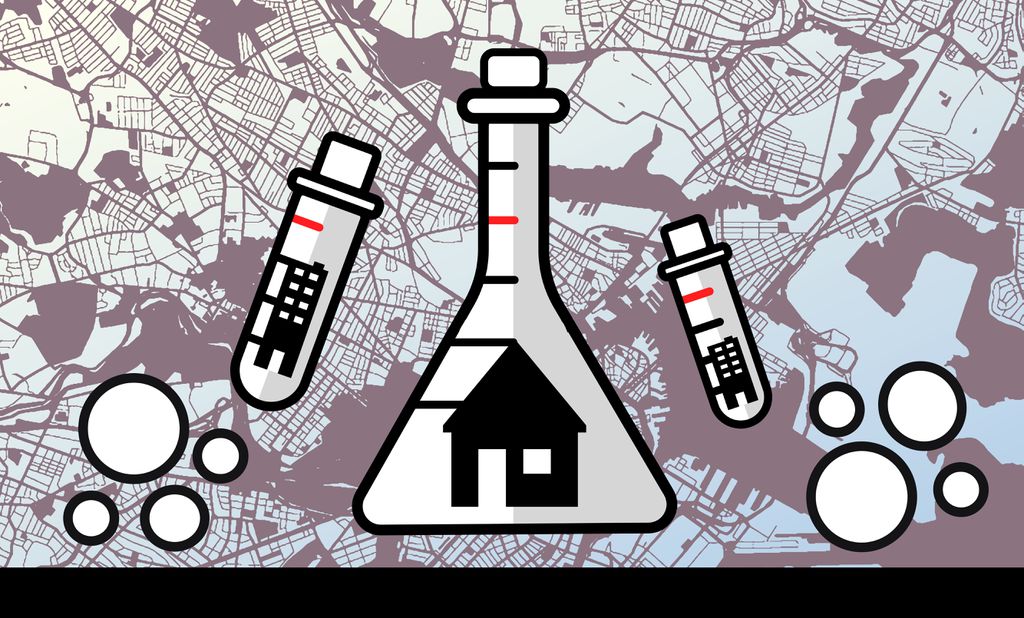
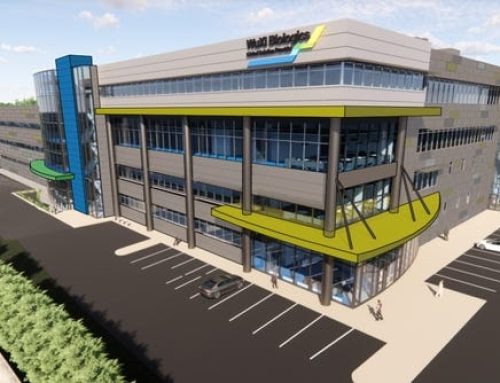
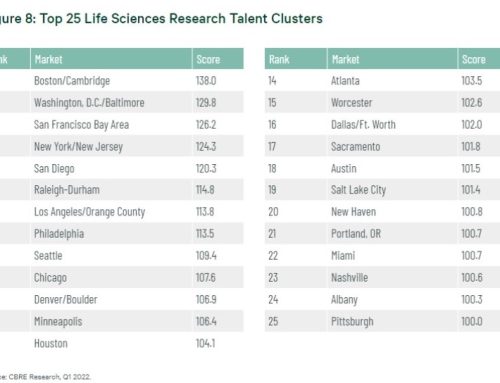
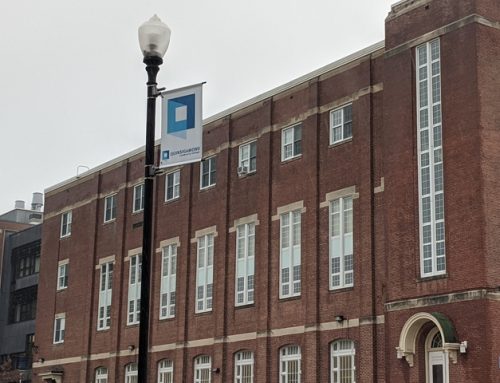
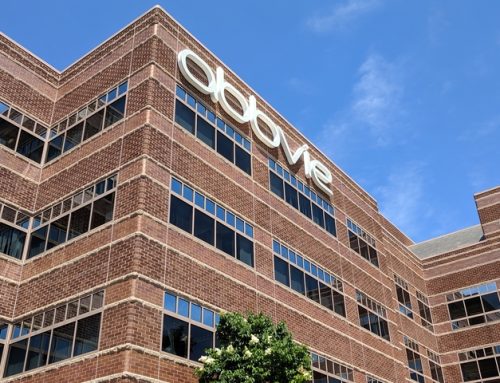
Leave A Comment